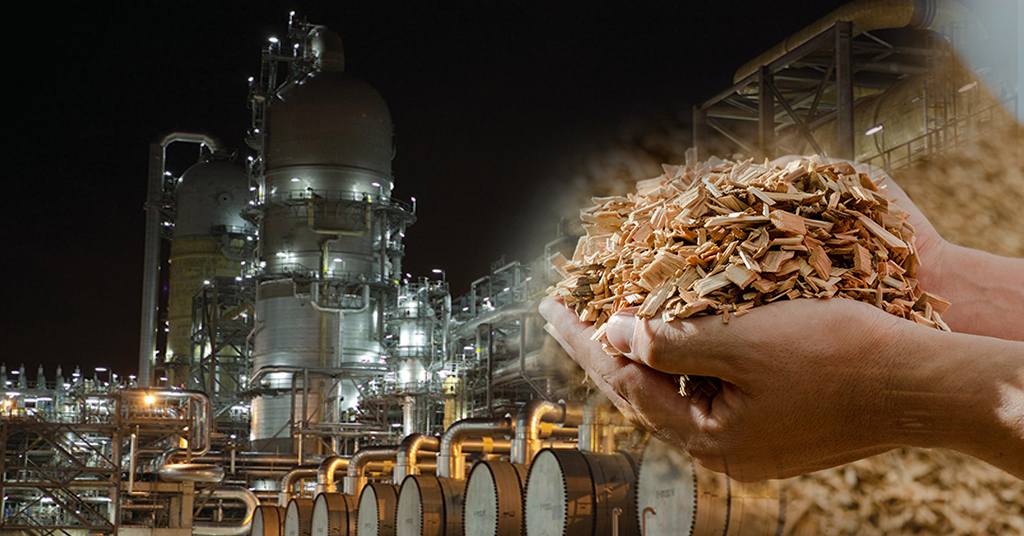Welcome To ChemAnalyst

China: Zhejiang Yisheng New Material, one of China's biggest Purified Terephthalic Acid (PTA) producers, has restarted production at its No. 1 PTA line in Ningbo, China, following planned preventative maintenance. On January 3, repair work on this line, which can produce 3.3 million tonnes of PTA annually, began. It was finished on January 19.
Zhejiang Yisheng New Material runs PTA facilities in China. The business is a partnership between Rongsheng Petrochemical and Zhejiang Hengyi Petrochemical.
From late January, the PTA plant's running rate quickly increased. The pre-overhauled factories have all been reopened one after another, except for the unexpected stoppage of Zhongtai's 1.2 million tonne unit. The new plants are also operating efficiently. The 2.5 million ton/year PTA units from Dongying Weilian and Jiatong Energy operated at 80% and 90%, respectively. According to upstream and downstream operating rates, the average daily inventory buildup in late January is roughly 30,000 tonnes.
However, it has been noticed that the price for PTA rose during the previous week, as there were increasing sales before the holiday. This week, the price for PTA stabilized during the considered period, with prices hovering at USD 870/MT on January 27, 2023.
In general, PTA seasonal inventory accumulation in January-February is expected to be above 1 million tonnes due to the current high operating rate of PTA plants, which will have downward pressure on the PTA margin and basis. Considering the high cost, expected demand recovery, and reduced raw material stock, polyester producers will increase the procurement after the holiday, and the PTA inventory will gradually shift downward in the later period.
Therefore, the ChemAnalyst forecast suggests a "Partial increase in PTA prices since downstream industry offtakes are anticipated to increase following the spring holiday. Even while factories have begun to run at full capacity, it will still take time for them to keep up with demand."
We use cookies to deliver the best possible experience on our website. To learn more, visit our Privacy Policy. By continuing to use this site or by closing this box, you consent to our use of cookies. More info.
